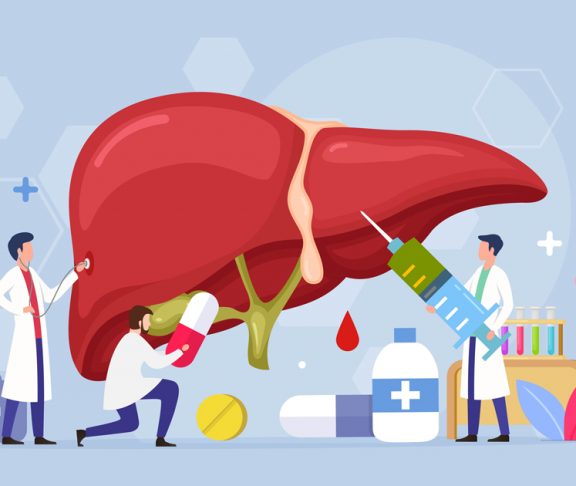New Delhi: The Delhi High Court recently granted permission for a 17-year-old girl to donate a portion of her liver to her father, who was in the end stage of liver disease. The court, presided over by Justice Subramonium Prasad, allowed the plea, emphasizing the urgency of the father’s need for a liver transplant. However, the court also recognized the necessity of establishing detailed guidelines for such cases on exceptional medical grounds.
Justice Prasad directed the Centre to formulate comprehensive guidelines within two months, invoking Rule 5(3)(g) of the Transplantation of Human Organs and Tissues Rules, 2014. The court highlighted the importance of indicating the nature of exceptional medical grounds that could be adopted nationwide by appropriate authorities and state governments in similar situations.
The specific case involved a teenager born on September 5, 2006, whose father was diagnosed with non-alcoholic steatohepatitis-cirrhosis, requiring an urgent liver transplant. The daughter was identified as a suitable donor, leading the father to seek permission for the transplant through representations to medical institutions. With no response received, the father enlisted on the Cadaveric Donor waiting list of King George Medical University, Lucknow, and eventually withdrew a previously filed writ petition.
The court directed the petitioners to undergo the liver transplant procedure at a specialized center like AIIMS to ensure the minor’s safety. Advocates Shantanu Singh, Ravi Sehgal, Divya Narayanan, and Anuj Gupta represented the petitioners, while advocates Jaswinder Singh, Poonam Rohilla, Siddharth Panda, Mehak Nakra, Abhishek Khari, Dr. Harsh Pathak, Shaveta Mahajan, and Mohit Choubey represented the respondents.
The Court held,
“This Court deems it fit to exercise its discretion under Article 226 of the Constitution of India in the present case and allow the Petitioner to donate a part of her liver to her father. As stated in the report of AIIMS, the Petitioner No.1 is directed to undergo the procedure in a specialized centre like AIIMS or Respondent No.3 where all detailed workup of Petitioner No.1 be done keeping in view of her safety.“
In summary, the Delhi High Court’s decision granted permission for the urgent liver transplant, highlighting the need for national guidelines on exceptional medical grounds for such cases within a specified timeframe. The case underscored the complexities surrounding organ donation, particularly when involving minors, and the court emphasized safety measures by directing the procedure to a specialized medical center.


